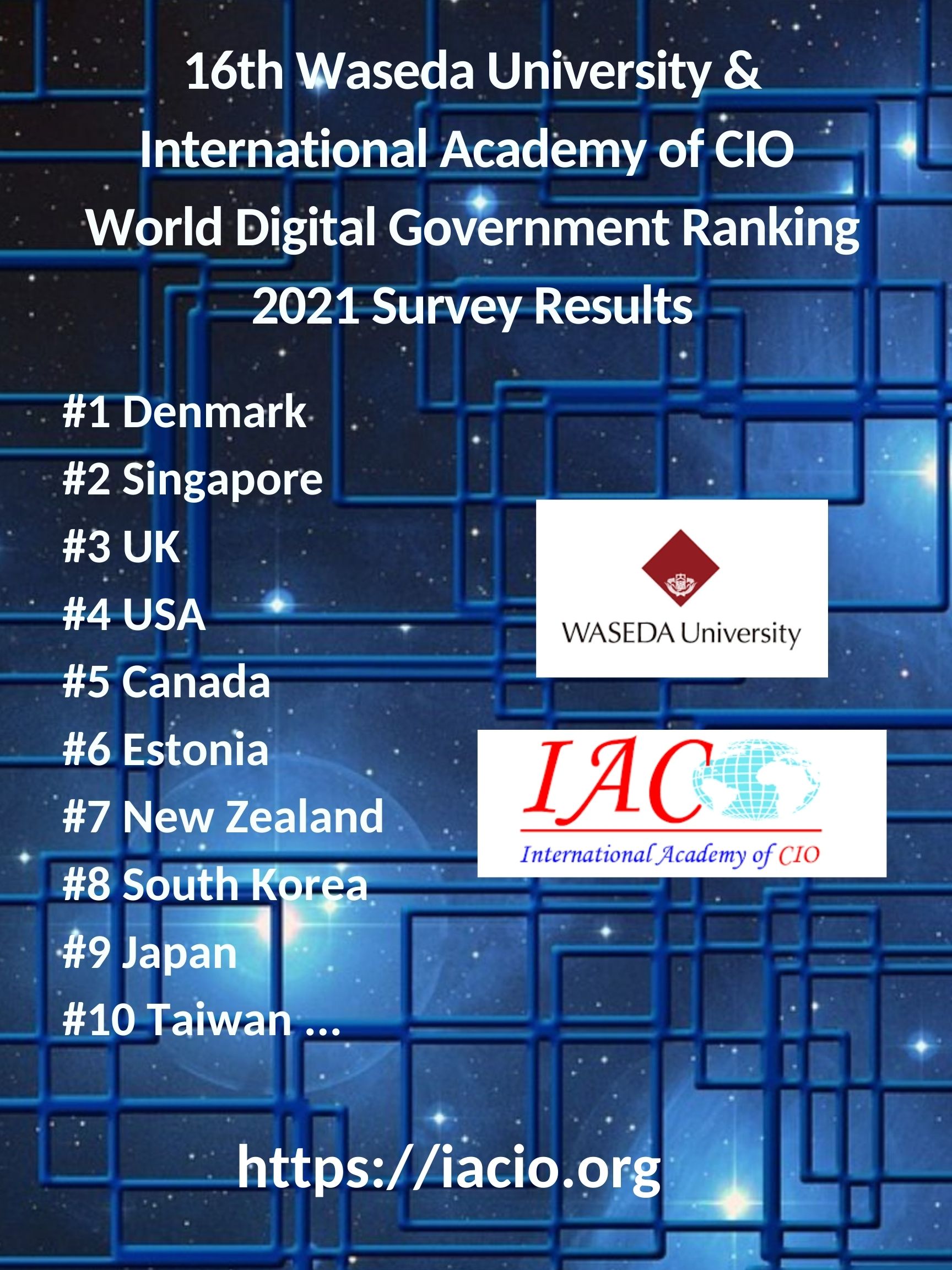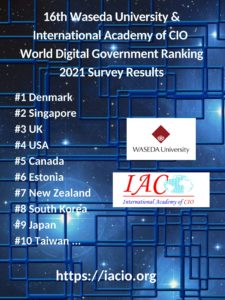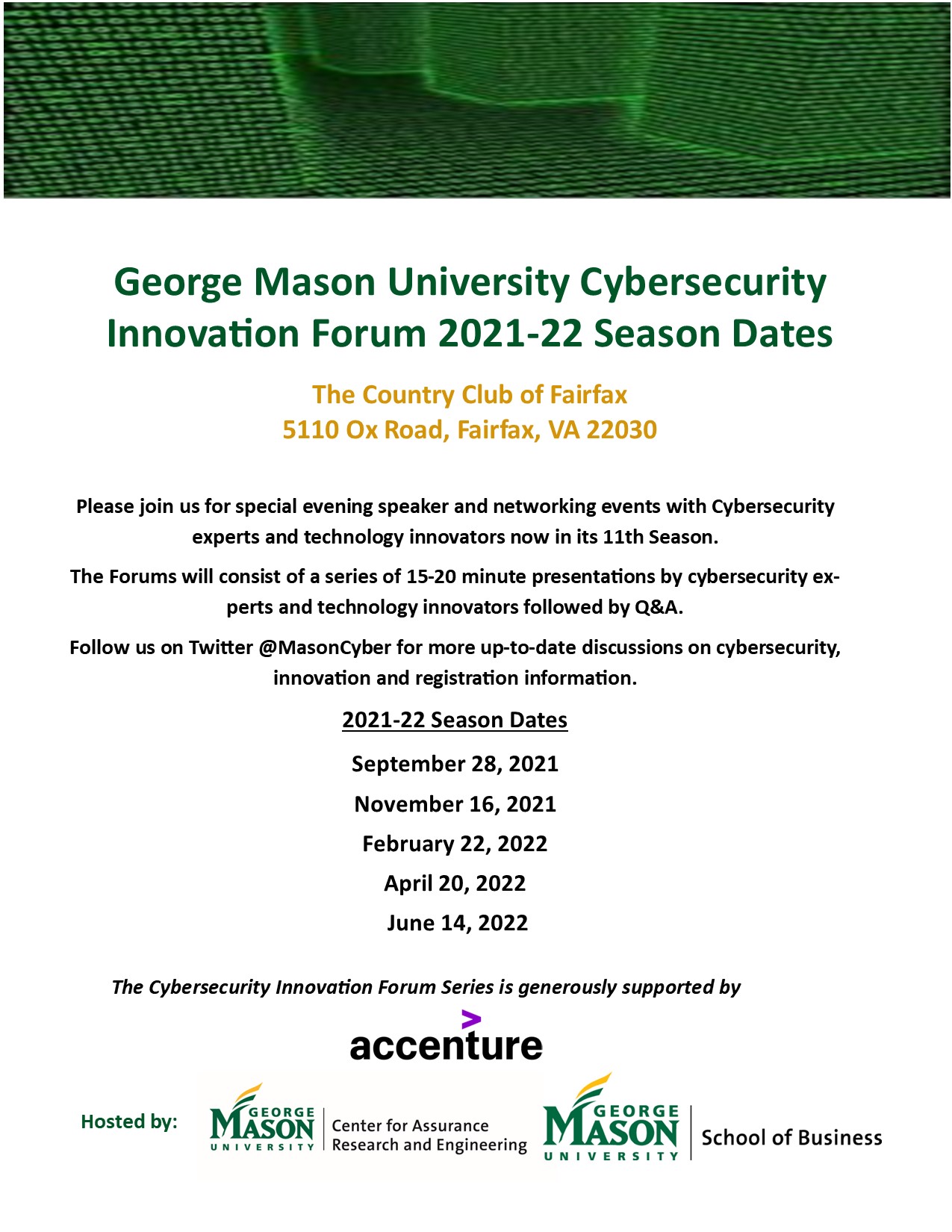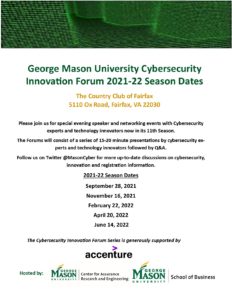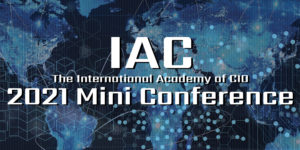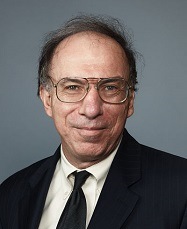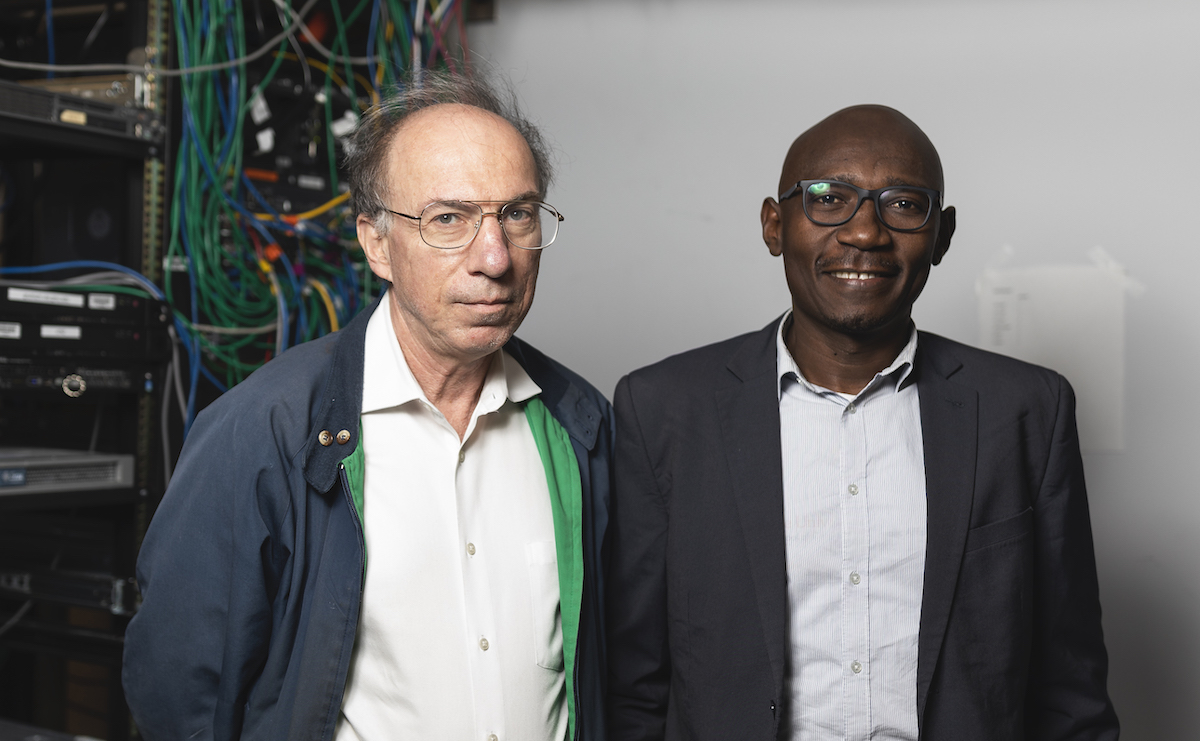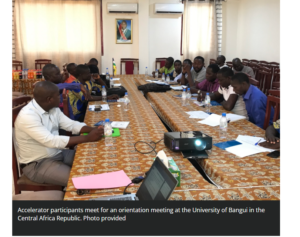
R esearch Spotlight on J.P. Auffret
esearch Spotlight on J.P. Auffret
Faculty Spotlight: J.P. Auffret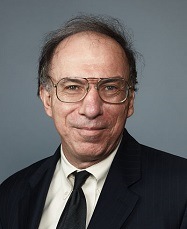
J.P. Auffret, Ph.D. is the director of the Center for Assurance Research and Engineering (CARE) in the College of Engineering and Computing and the director of the Research Partnerships and Grants Initiatives in the School of Business at George Mason University.
The Institute for Digital InnovAtion talked with Auffret about CARE. Responses have been edited.
_____________________________________________________________________________________
Tell us about the Center.
The Center for Assurance Research and Engineering (CARE) in the College of Computing and Engineering is a multidisciplinary, research-to-practice center. The Center is about 10 years old and was started by Dr. Angelos Stavrou. We have a range of technical, policy, leadership and management projects/initiatives and have partnerships with governments, private sector companies and NGOs in the U.S.
The strength of the Center is its faculty, affiliates and partners and its multidisciplinary and international scope. For example, Dr. Eric Osterweil is doing fascinating work on the DNS-based Authentication of Named Entities (DANE) and its potential applications to medical devices (and other) security; Dr. Daniel Barbara has great expertise in data mining and machine learning and has, for example, played integral roles in a DARPA project and also on a Commonwealth Cyber Initiative project both having a focus on ascertaining device compromise from changes in electromagnetic fields; Dr. Duminda Wijeskera is a world leader in train security and is currently researching the potential of 5G for autonomous vehicles and our traffic signaling system, and Dr. Ita Lochard is utilizing her cyber policy expertise and partnering with Dr. Lin Wells II in leading a NATO project on information environment assessment. The Center also has senior fellows and research affiliates.
Other interesting current projects include a National Science Foundation project to strengthen the cybersecurity of local governments through local and state government partnering. The idea behind the project is that many local governments have small budgets and limited IT expertise, but they face the same cyber risks as larger, local governments. Partnering has great potential but there are often institutional barriers that preclude local government cybersecurity partnering; the project is examining the potential for local government cyber security partnering in the governance, staffing and policy areas, amongst others. For the project, we’re quite engaged with state and local governments, primarily in West Virginia and Virginia, but also in Kentucky and Ohio, and we are expanding beyond those locations.
Another interesting current project is through the State Department for a Technology Entrepreneurship and ICT Leadership Accelerator pilot in the Central African Republic. We are working with Serge Adouaka, a 2019 Humphrey Fellow who spent his Humphrey Fellowship Professional Affiliation with us and developed the concept. We have a wonderful initial cohort of about 20 companies including from Agriculture Tech and FinTech.
The research done in CARE has led to a spin out company, Angelos Stavrou’s Kryptowire, which is doing really well.
What kinds of projects are funded?
Technical, cybersecurity and technology leadership and management, and policy. The main funding agencies are/have been the National Science Foundation, DARPA, Department of State, NATO and the Commonwealth Cyber Initiative. We have had projects with the NSA and NIST too, and we have some from the private sector as well.
How do your projects impact other disciplines?
Many of our projects have elements of technology, but also business, leadership, and public policy. Many current cyber challenges are multidisciplinary including, for example, in the medical field and for critical infrastructure, such as electric and water companies.
What projects would you like to be reached out to for potential collaborations?
We are very oriented to partnerships and collaborations, whether it be cyber security or IT leadership and governance or applications of emerging technologies, and we continue to try to expand our partnerships internationally. We are planning to do more with the cybersecurity of medical devices and on digital currencies.
We’re very appreciative to the Institute for Digital InnovAtion and executive director Dr. Kamaljeet Sanghera’s vision for innovation in the region and beyond, the role of George Mason, and initiatives to foster research and academia – private sector – government partnerships.
What keywords describe your research?
Multidisciplinary, research-to-practice, applications of emerging technologies, cyber security policy
How does your Center help bring the Mason community together?
As I am in both the School of Business and in CARE in the College of Engineering and Computing, many initiatives are joint.
For example, in conjunction with the School of Business, we have a Cybersecurity Innovation Forum speaker series that is in its 10th year with five evening events per year. Usually, the events are in person at the Fairfax Country Club, and we have about 125 industry and government attendees. We have had some wonderful speakers over the years and just went back to in-person events in September.
Also, in conjunction with the School of Business, we usually have a quite large annual conference (not in the last year-and-a-half to two years though) related to the topic of cybersecurity leadership and management that draws between 200 to 300 people, mostly from the region, but also from across the U.S. and abroad.
We collaborate with quite a few other universities and have international connections that foster partnering with the Mason community. We have collaborations with universities across the Asia Pacific in Japan, Thailand, Indonesia, the Philippines, and Korea; in India; in Africa in the Central African Republic, Nigeria and a new partnership in Madagascar; as well as partnerships in Europe, South America and the Mid-East.
How can you be reached?
You can reach me via email at jauffret@gmu.edu and by office phone: x5641.
Article was published here: https://idia.gmu.edu/research-spotlight-on-j-p-auffret/

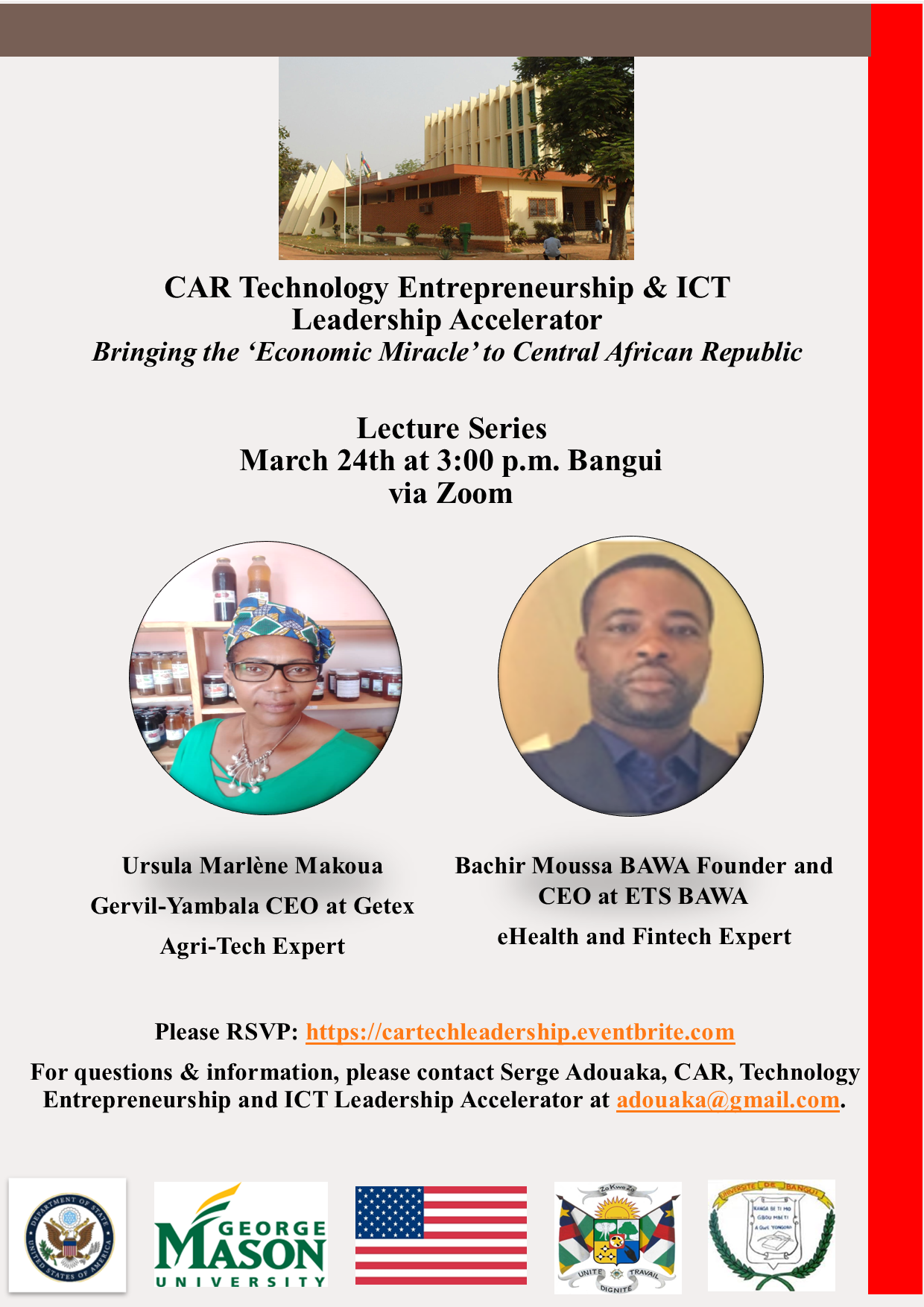
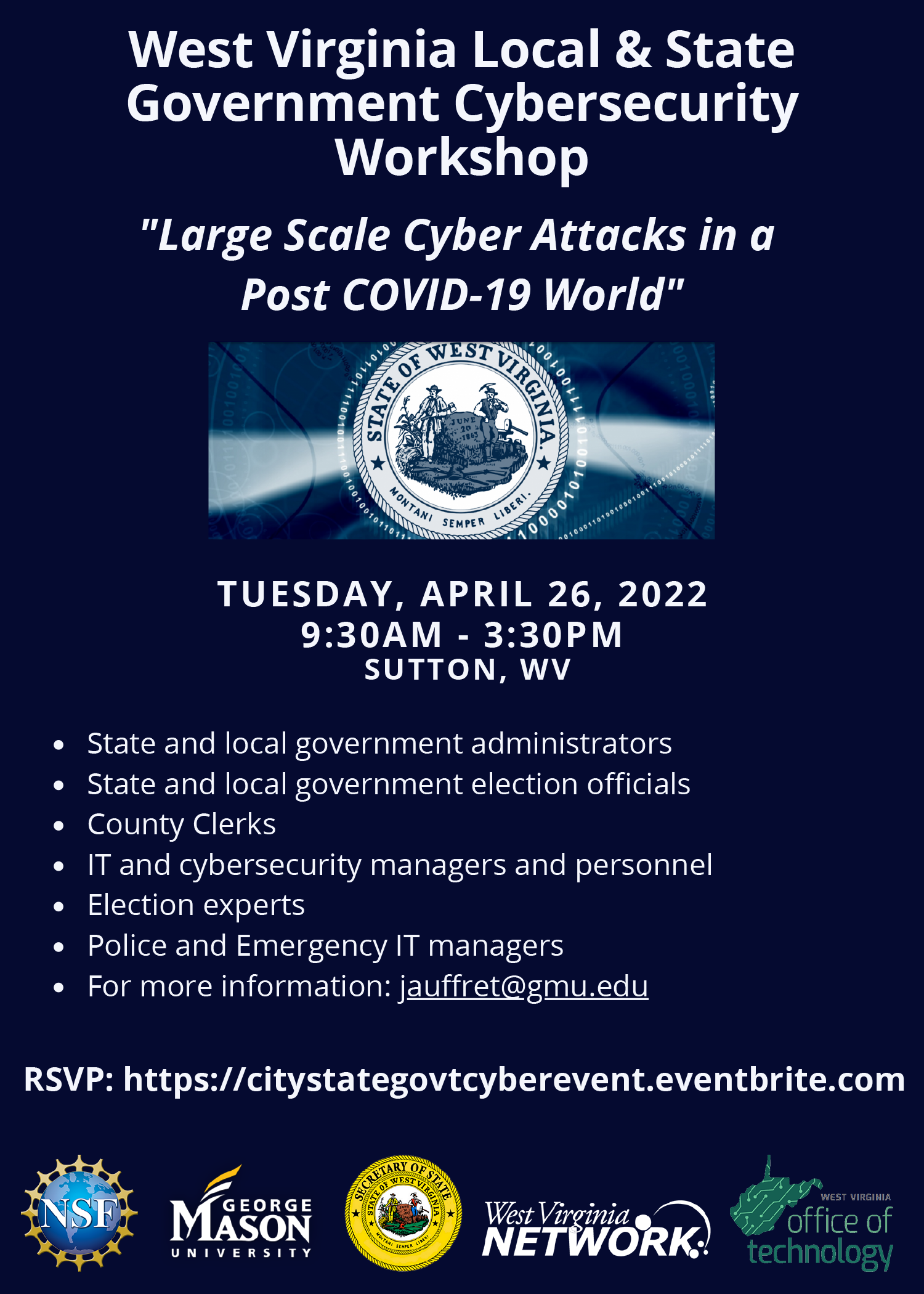
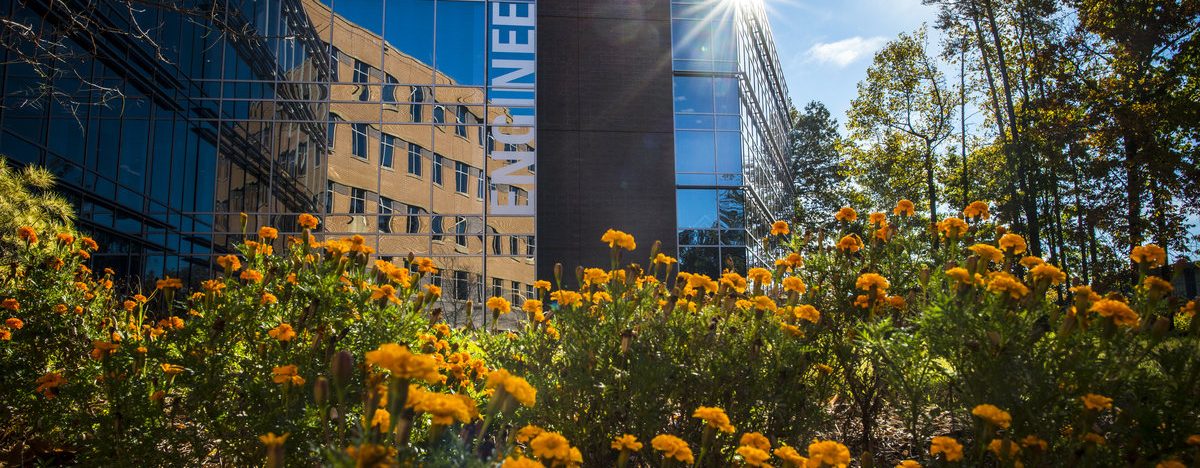



 The George Mason Center for Assurance Research & Engineering (CARE) today announced the appointment of Tom Anderson as a Senior Fellow. Anderson joins to advance CARE’s mission of fostering IT leadership and developing and applying emerging technologies including in cybersecurity. CARE Senior Fellows are distinguished professionals from government, business and academia who contribute to CARE’s multidisciplinary efforts and research initiatives by providing expertise and a professional foundation to provide the essential connection between theory and practice.
The George Mason Center for Assurance Research & Engineering (CARE) today announced the appointment of Tom Anderson as a Senior Fellow. Anderson joins to advance CARE’s mission of fostering IT leadership and developing and applying emerging technologies including in cybersecurity. CARE Senior Fellows are distinguished professionals from government, business and academia who contribute to CARE’s multidisciplinary efforts and research initiatives by providing expertise and a professional foundation to provide the essential connection between theory and practice.